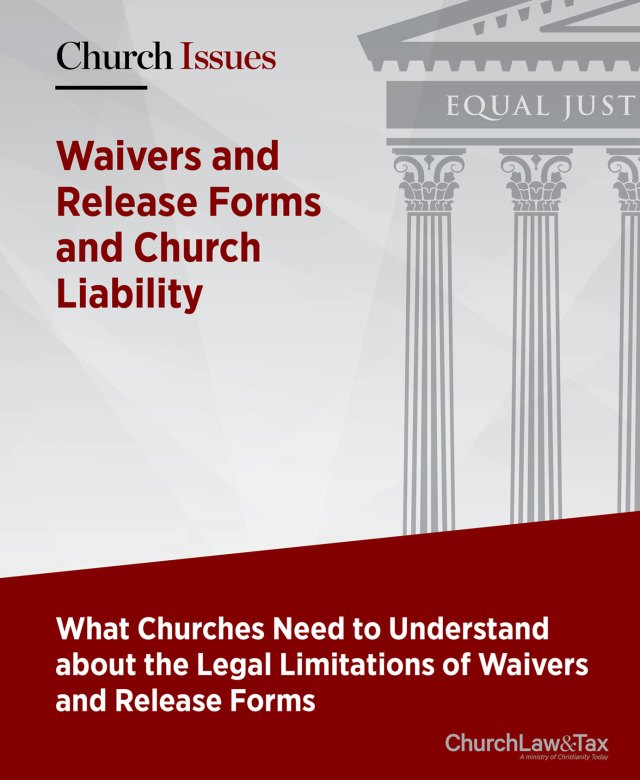A federal appeals court ruled that a release form signed by a skier barred him from suing a ski resort for injuries he sustained while skiing. An adult male (the “plaintiff”) and two friends drove to a ski resort and purchased tickets. They were required to sign a release form, which stated in part:
PLEASE READ CAREFULLY BEFORE SIGNING. THIS IS A RELEASE OF LIABILITY AND WAIVER OF CERTAIN LEGAL RIGHTS.
I understand that skiing in its various forms, including snowboarding, involves risks, dangers and hazards that may cause serious personal injury or death and that injuries are a common and ordinary occurrence. Risks include, but are not limited to, changes in terrain, weather and snow surfaces, ice, moguls, bare spots, debris, fences, posts, trees, lift equipment and towers, rope tows, light poles, signs, buildings, roads and walkways, ramps, half-pipes, padded and non-padded barriers, jumps and other terrain features, grooming equipment, snowmobiles, collisions with other persons and other natural and man-made hazards. I acknowledge that the risks in the sport of Alpine skiing can be greatly reduced by taking lessons, abiding by the Skier Responsibility Code, (known as Your Responsibility Code), and using common sense.
In consideration of the purchase of a lift ticket … I RELEASE AND FULLY DISCHARGE [the ski resort], its owners, officers, shareholders, agents and employees from any liability resulting from any personal injury to myself, including death, or damage to my property which is caused by the BREACH OF ANY EXPRESS OR IMPLIED WARRANTY or the NEGLIGENT ACT OR OMISSION of [said resort], its owners, officers, shareholders, agents or employees in the design, location, construction, inspection, maintenance and repair of the conditions on or about the premises or ski area or the operations of the ski area ….
I accept full responsibility for any injuries or damages which may result from the participation in the sport, and it is my intent to HOLD HARMLESS [the resort], its owners, officers, shareholders, agents or employees for any injury sustained by me, including death, while participating in the sport. I agree not to bring any action or suit against [the resort], its owners, officers, shareholders, agents or employees for any injury or damage.
In accordance with Minnesota law, nothing in this Release of Liability should be construed as releasing, discharging or waiving any claims I may have for reckless or intentional acts on the part of [the resort], or its owners, officers, shareholders, agents or employees.
I HAVE CAREFULLY READ THIS RELEASE OF LIABILITY AND UNDERSTAND ITS CONTENTS. I AM AWARE THAT BY SIGNING THIS RELEASE OF LIABILITY, I AM WAIVING CERTAIN LEGAL RIGHTS, INCLUDING THE RIGHT TO SUE [THE RESORT], ITS OWNERS, OFFICERS, SHAREHOLDERS, AGENTS OR EMPLOYEES FOR CERTAIN CLAIMS. CAUTION: READ BEFORE SIGNING! THIS DOCUMENT AFFECTS YOUR LEGAL RIGHTS AND WILL BAR YOUR RIGHT TO SUE!
At the bottom of the release, the plaintiff printed his name and signed the document. After several hours of skiing, the plaintiff, a self-described expert skier, skied over an edge of the course into an area of small trees and rocks, and sustained various injuries. He sued the resort, claiming that its negligence was the cause of his injuries. A federal district court ruled that the release the plaintiff signed was valid under Minnesota law, and dismissed the lawsuit. The plaintiff appealed.
A federal appeals court noted that release clauses are enforceable in Minnesota “as long as the clause (1) is not ambiguous, (2) does not release intentional, willful, or wanton acts, and (3) does not violate public policy.” The plaintiff claimed that all three of these conditions were violated. The court disagreed.
(1) Not ambiguous
The plaintiff insisted that the release form was ambiguous because it could be interpreted as waiving the resort’s liability for all types of claims and not just negligence. The court disagreed: “The language of the release expressly and unambiguously excludes from its coverage claims arising from reckless or intentional acts, and the district court correctly found the release is not ambiguous.”
(2) No release of intentional or willful acts
The release form expressly stated that it was not releasing the resort from liability for intentional or willful acts.
(3) No violation of public policy
The plaintiff claimed that the release violated public policy because he had no bargaining power in the sense that he had to sign the release or not ski at the resort. The court noted that Minnesota courts consider two factors in determining whether “exculpatory” or release agreements violate public policy: (1) whether there was a disparity of bargaining power between the parties (a compulsion to sign the contract with an unacceptable provision and a lack of ability to negotiate the elimination of that provision), and (2) the type of service being offered or provided through the contract (one who provides a public or essential service is less likely to be exempted from liability for harm caused by negligently providing that service).
The court concluded that neither of these two factors was present in this case. First, there was no disparity of bargaining power because the service provided by the ski resort was not necessary, and the plaintiff could have gone elsewhere to ski. And second, a ski resort is not providing a necessary or public service. Myers v. Lutsen Mountains Corportation, 587 F.3d 891 (8th Cir. 2009).
This Recent Development first appeared in Church Law & Tax Report, July/August 2010.
